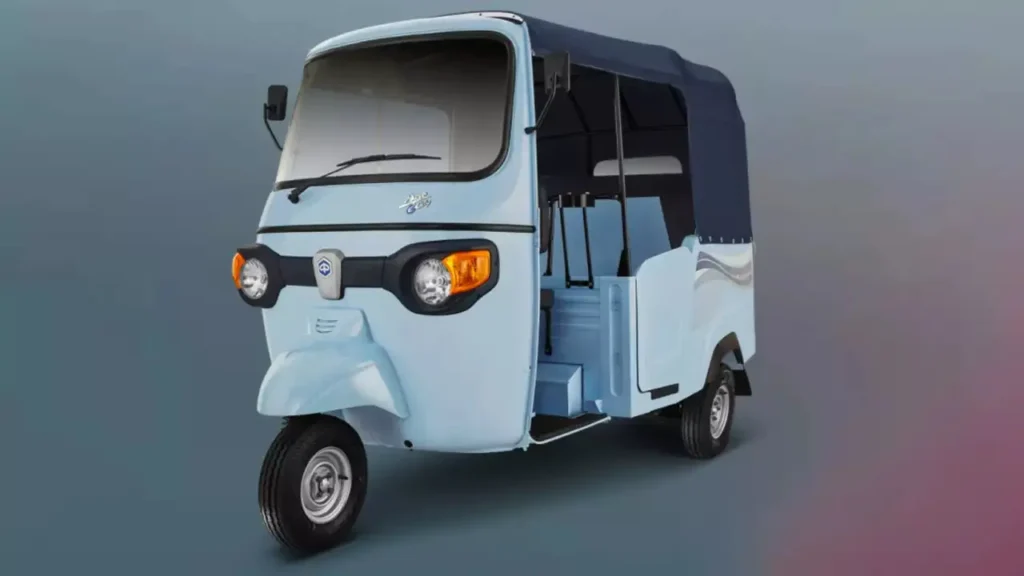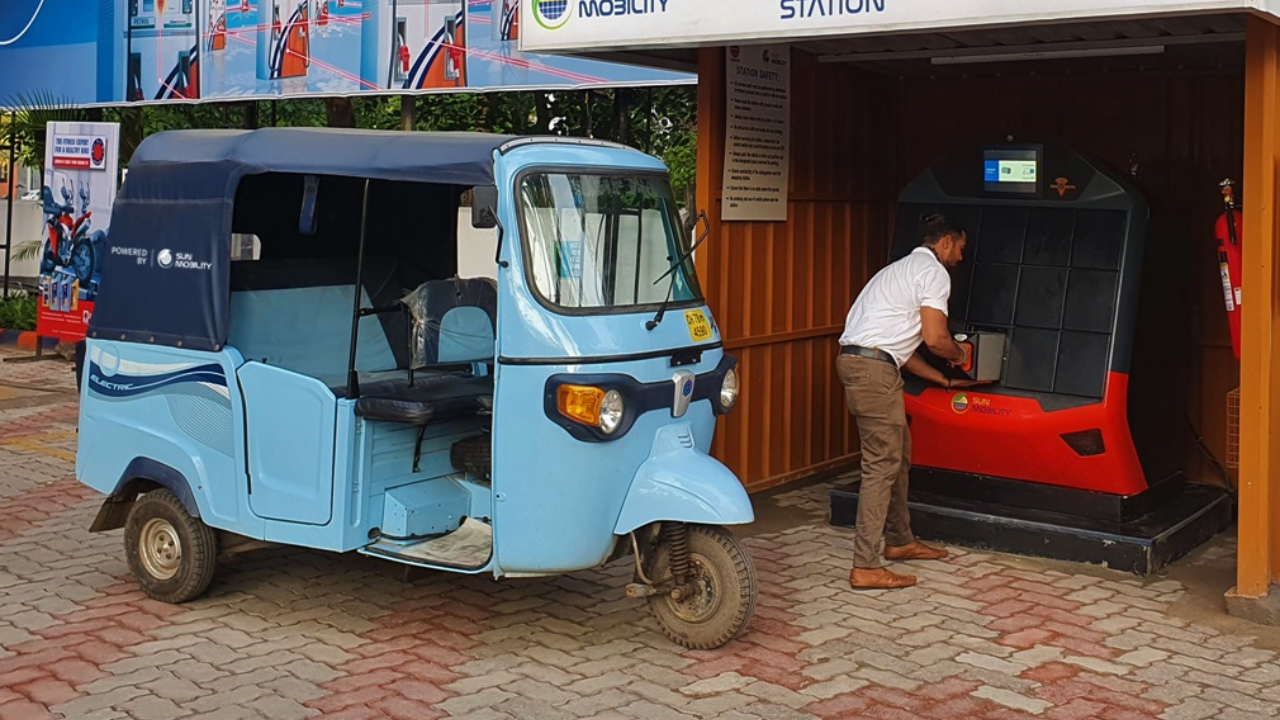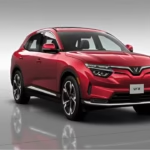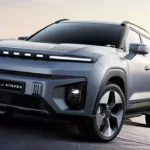In a major development for the electric vehicle (EV) sector, Piaggio, one of the leading manufacturers of commercial vehicles in India, has announced a price revision for its electric vehicle range. The price increase will apply across Piaggio’s entire lineup of electric commercial vehicles, which includes electric three-wheelers and small cargo vans designed for last-mile delivery. This shift in pricing comes at a time when the EV market in India is experiencing rapid growth and transformation, making it crucial to understand the reasons behind this change and its potential impact on businesses and consumers alike.
Why Are Piaggio Commercial EVs Seeing a Price Revision?
The decision to revise the prices of Piaggio’s commercial electric vehicles can be attributed to several factors that are influencing the Indian automotive industry, especially within the electric mobility segment.
1. Rising Battery Costs
One of the primary reasons for the price hike is the increased cost of lithium-ion batteries, a crucial component in any electric vehicle. As demand for electric vehicles continues to grow, the cost of raw materials for batteries, such as lithium, cobalt, and nickel, has surged. These materials are essential for manufacturing high-performance batteries, and the supply chain pressures have led to higher costs. As battery prices constitute a significant portion of the total cost of an EV, Piaggio, like many other manufacturers, has had to adjust prices to reflect these rising input costs.
2. Regulatory and Compliance Changes
The Indian government’s push for stricter environmental standards, along with the introduction of new safety and regulatory norms for electric vehicles, has contributed to higher manufacturing costs. To comply with evolving standards, Piaggio has had to invest in improving the safety features, performance, and technology of its EVs. This includes upgrading battery management systems, enhancing vehicle designs, and ensuring compliance with the latest emission regulations, all of which require additional resources and costs.
3. Inflationary Pressures and Rising Operational Costs
India has faced significant inflationary pressures over the past few years, which have impacted various sectors of the economy, including the automotive industry. The cost of materials, labor, and logistics has increased, pushing manufacturers to reassess their pricing strategies. Piaggio’s decision to revise prices is also influenced by these broader economic factors that are affecting the overall cost of production.
4. Investment in EV Infrastructure
In addition to the cost of manufacturing, Piaggio has been investing heavily in expanding the electric vehicle charging infrastructure across India. This infrastructure development is critical to the growth of the EV market, particularly for commercial vehicles that require frequent charging. The investments made in building a more robust network of charging stations and improving the overall EV ecosystem are factors that contribute to the cost of the product and, subsequently, the price adjustments.

What Does This Mean for Consumers and Businesses?
For fleet owners and small business owners relying on Piaggio’s electric vehicles for their last-mile delivery operations, the price revision may lead to increased upfront costs. However, it is important to view the price increase through the lens of long-term benefits. Despite the initial hike in pricing, Piaggio’s electric vehicles offer several advantages, such as lower operational and maintenance costs, which could make them a more cost-effective option in the long run.
Long-Term Savings on Fuel and Maintenance
One of the key selling points of electric vehicles is their lower running costs. EVs, including Piaggio’s commercial models, require significantly less maintenance than their internal combustion engine (ICE) counterparts. With fewer moving parts, there is less wear and tear, translating into lower maintenance costs. Additionally, the cost of electricity is considerably cheaper than fossil fuels, meaning fleet operators can enjoy substantial savings on fuel costs over time.
Environmental Benefits
As India continues its push towards sustainability, businesses are increasingly focusing on environmentally friendly solutions. Piaggio’s electric vehicles are an excellent option for companies looking to reduce their carbon footprint. These vehicles produce zero emissions, making them an ideal choice for businesses seeking to meet sustainability goals while also complying with emerging environmental regulations.
Incentives and Government Support
To encourage the adoption of electric vehicles, the Indian government offers various incentives and subsidies to buyers of EVs. These include financial incentives under the Faster Adoption and Manufacturing of Hybrid and Electric Vehicles (FAME) scheme and state-specific subsidies. For businesses looking to adopt electric vehicles as part of their fleet, these incentives can offset the higher upfront costs associated with the price revision.
How Will This Price Hike Affect the Electric Vehicle Market?
Piaggio’s decision to revise the prices of its electric commercial vehicles comes at a time when the EV sector is experiencing significant growth in India. While the price hike may initially cause some concerns among potential buyers, the overall demand for electric vehicles is expected to remain strong. This is due to the growing awareness of the long-term cost benefits of EVs, increased government support, and the country’s commitment to reducing carbon emissions.
The price adjustment could also lead to increased competition in the EV market, with other manufacturers likely to follow suit as they navigate similar challenges. However, Piaggio’s strong brand reputation, wide product range, and commitment to quality will likely help it maintain a competitive edge in the growing electric mobility space.
Conclusion
Piaggio’s decision to revise the prices of its electric commercial vehicles is a response to rising costs in the supply chain, battery manufacturing, and operational challenges. While this price adjustment may increase the initial investment required to purchase a Piaggio EV, the long-term operational savings, environmental benefits, and government incentives make these vehicles a compelling choice for businesses in India. As the country continues to transition towards a more sustainable future, Piaggio’s electric vehicles remain a crucial part of the commercial vehicle landscape, offering a viable and eco-friendly solution for last-mile delivery and small cargo transportation.







